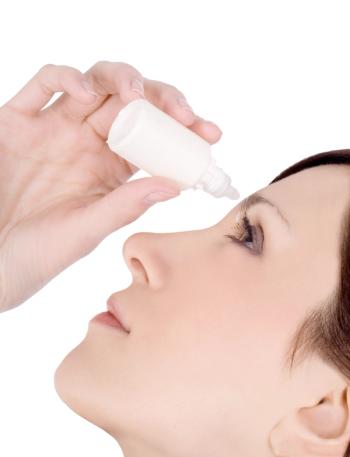
Pharmacists should ascertain whether self-treatment is appropriate and suggest medical care if it isn’t.
Yvette C. Terrie, BSPharm, RPh, is a consulting pharmacist and medical writer in Haymarket, Virginia.

Pharmacists should ascertain whether self-treatment is appropriate and suggest medical care if it isn’t.
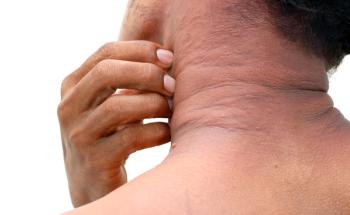
Guidelines provide information on the management and treatment of this common skin condition.

With climate change potentially affecting pollen counts, new OTC products can relieve symptoms.
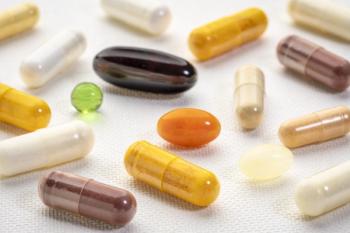
Taking appropriate doses of vitamins and minerals may aid in lowering the risk of cardiovascular disease.

Help patients prepare for these winter ailments and choose the appropriate nonprescription medications.
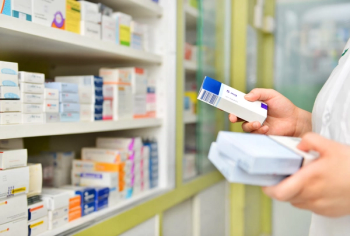
Pharmacists Can Provide Advice on Pain Products’ Directions, Dosage, and Duration of Use
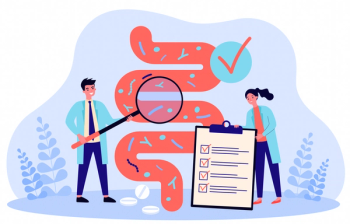
But pharmacists can offer guidance on self-treatment vs more serious issues requiring evaluation.
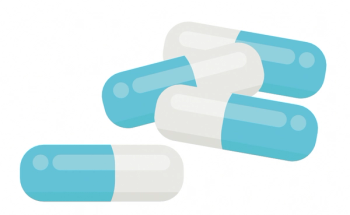
Pharmacists can review clinical evidence and CDC recommendations before providing information.
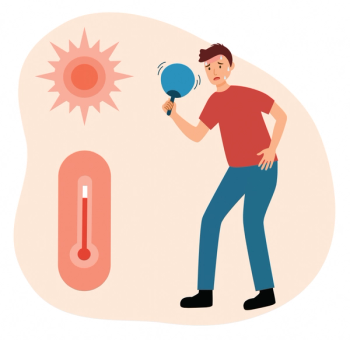
Many individuals underestimate the importance of protecting their skin from the sun.
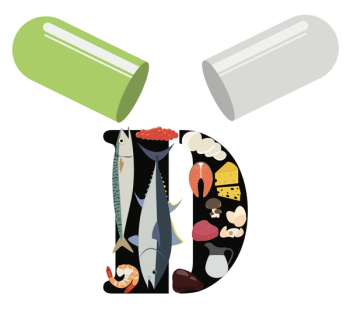
Results of various studies show potentially promising clinical benefits associated with the use of supplementation in individuals who have the virus.
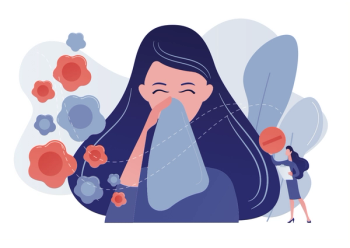
Face mask usage may help, and pharmacists can provide other education and guidance about safe and proper use of nonprescription medications.

Pharmacists must ascertain the appropriateness of use and screen for potential contraindications and drug interactions.

They have maintained delivery of critical health services to patients, Including those at greater risk for COVID-19–related complications.

Vulvovaginal candidiasis, also known as a yeast infection, is one of the most common vaginal infections affecting an estimated 75% of women, who report at least 1 episode in their lifetime.

Educate patients about the appropriate and safe use of gastrointestinal products and direct them to seek further medical care when warranted.
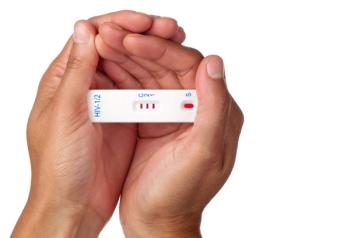
Although HIV self-tests are available for retail purchase by consumers, the CDC encourages health departments to consider self-testing as an additional strategy to reach individuals most affected by the virus.

COVID-19 pandemic highlights how supplements can help improve the body’s defense system.
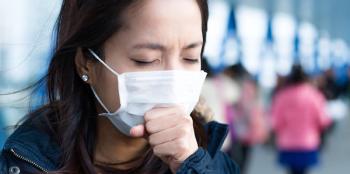
Pharmacists are likely to encounter patients seeking counsel on the use of nonprescription drugs for the symptomatic relief of some of the common mild symptoms associated with COVID-19 that may be amenable to self-treatment.
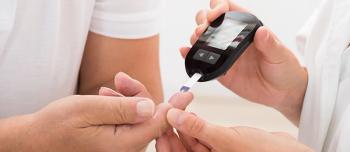
Pharmacists can help patients select products and provide education on how to use them.
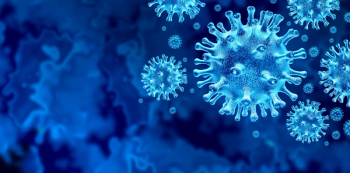
There Is a plethora of nonprescription options to treat cough, fever, and headache.

Pharmacists are in a prime position to convey preventive and treatment options for eyelid inflammation.
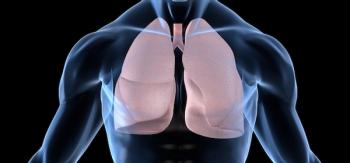
Pharmacists can educate patients about the nonprescription asthma inhaler that recently returned to the market.
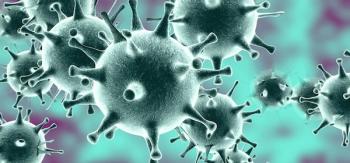
The CDC says hand washing is one of the most effective ways to reduce the spread of infectious diseases.
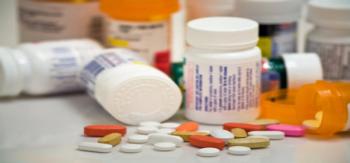
Pharmacists can enhance awareness about potential loperamide misuse through continuing patient education and vigilance.

Pharmacists can help patients choose nonpharmacological measures to avoid these common but bothersome adverse effects.

Pharmacists can ease fears and offer counseling to dispel common misconceptions and myths and help promote immunization.
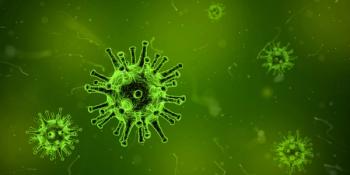
The popular prescription influenza antiviral will become more accessible in the United States thanks to Sanofi deal.

Interactions with drugs can contribute to adverse effects, such as an increased risk of toxicities and ineffective therapy.

Assess allergy, medical, medication histories to ensure self-treatment is appropriate.
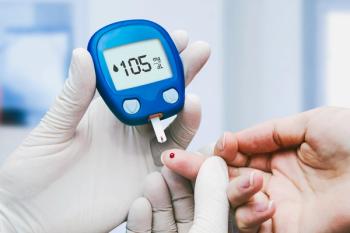
Pharmacists can help with product selection and counsel on routine self-monitoring.